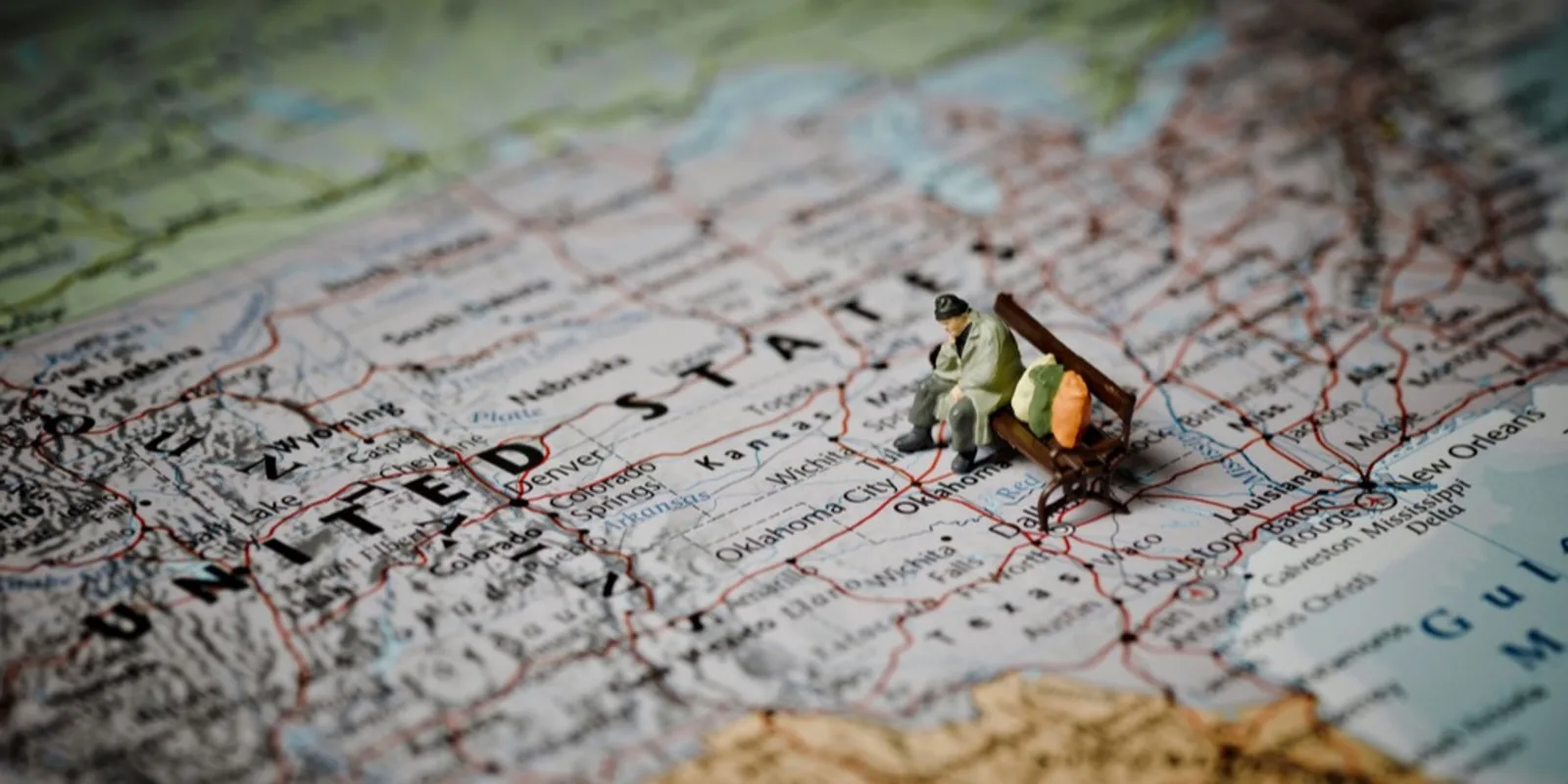
He told me he slept on the street last night. I looked at him in disbelief knowing how cold it was. There was silence. We looked at one another. His fatherly, middle-aged glare drew tears to my eyes, but the professional decorum of being his physician forbade that sentimentality and stirred me to action, unkindly compelling me to be the verb in the situation. The echoes of yesteryear of preceptors throughout my training stirred up the gift of healing within me as they always asked, “So, what do you want to do? What is your plan for this patient?” Yet, for merely a moment, inertia set in as the room was still and silenced starkly by disbelief. Why the disbelief? Isn’t it possible for someone to sleep on the street on a cold late Autumn night? Yes. I was accustomed to that because my current practice is comprised of nearly 75% of patients who have nowhere else to go. Yet, he never quite fit the picture, and this news broke the ice that the face of homelessness could look like nearly anyone at any time and in any place.
He told me of his loving family. His mother was still alive and called him often on his government-issued mobile phone. He has a son who is very well-to-do and who cares about him substantially. He has grandchildren. His son is married to a wonderful woman. Yet, he is homeless. He is degreed. He was previously accomplished, but it is quite evident that he lost it all. Yet, there are shelters throughout the city. Why did he have to sleep on the street? He described in painstaking detail how he sleeps under a bridge that I often drove under from time to time. I was aware of it. He created a box for himself. Though it was raining, it kept out the rain. Though the ambience was cold, it protected him from coldness and provided him warmth. “You’d be surprised, Doc, just how warm it is,” he said. I was moved by his gratefulness for the most menial of provisions. His gratitude was soothing to my soul. I was grateful because he was grateful. I was grateful to be his physician.
In venturing out to begin one’s career as a practicing physician, there are so many choices and options that abound. Some choose an academic career. Many of my dear friends decided that engaging in additional fellowship training was requisite for them. I myself considered it. Others decide to pursue a research career. I now provide primary care to many of the medically indigent in the Atlanta metropolitan area. This includes those who are homeless, fleeing domestic violence situations, in transition from incarcerations, and the like. I learn from them daily how one could be and should be thankful for what most construe as being the most rudimentary things in life — the basic necessities and even the lack thereof. There are days when I personally take it for granted. It’s easy to forget how blessed you are. It’s more significant to remember the so-called “least of these.” But I have another definition for this term. The “least of these” are basic provisions in life that we often overlook just because we are blessed with more than enough.
Caring for the homeless transforms me daily to another world within the confines of this one. It is defined by having little and considering it adequate. It is encompassed by a world and a nation of plenty. Yet, there are many who do not experience the plentiful. In this pluralistic nation of immigrants where capitalism abounds, the poor and destitute do exist. They live. They seek. They find. They knock, and occasionally the door is opened to them. This is never more apparent than within our medical system, and this motif in care has been quite evident in and throughout all stages of my medical training.
Our medical society certainly maintains an interesting dichotomy of caring for those who have and those who have not. There is remarkable benefit in caring for each of them. Each day, I am transported to a disparate country outside of the large, opulent homes, upscale country clubs, private patient rooms, and expensive cars. I see the poor and underserved. Their nation is different from others. It is unindustrialized. It is characterized by transience in medical care, despite efforts. There is poorly controlled diabetes, despite efforts. There are novel diagnoses of metastatic cancer. There is an abundance of hypertensive urgency from years of never seeing a physician because of lack of medical insurance and no means by which to pay for it. There is a lack of knowledge of preventive care. At times, it’s far too late to change the course of things. Yet, my colleagues and I, inspired by the callings of each other and our patient populace, work hard and try to make a difference.
Every now and then, I am pleased to see that we do, and that makes me both grateful and glad.







